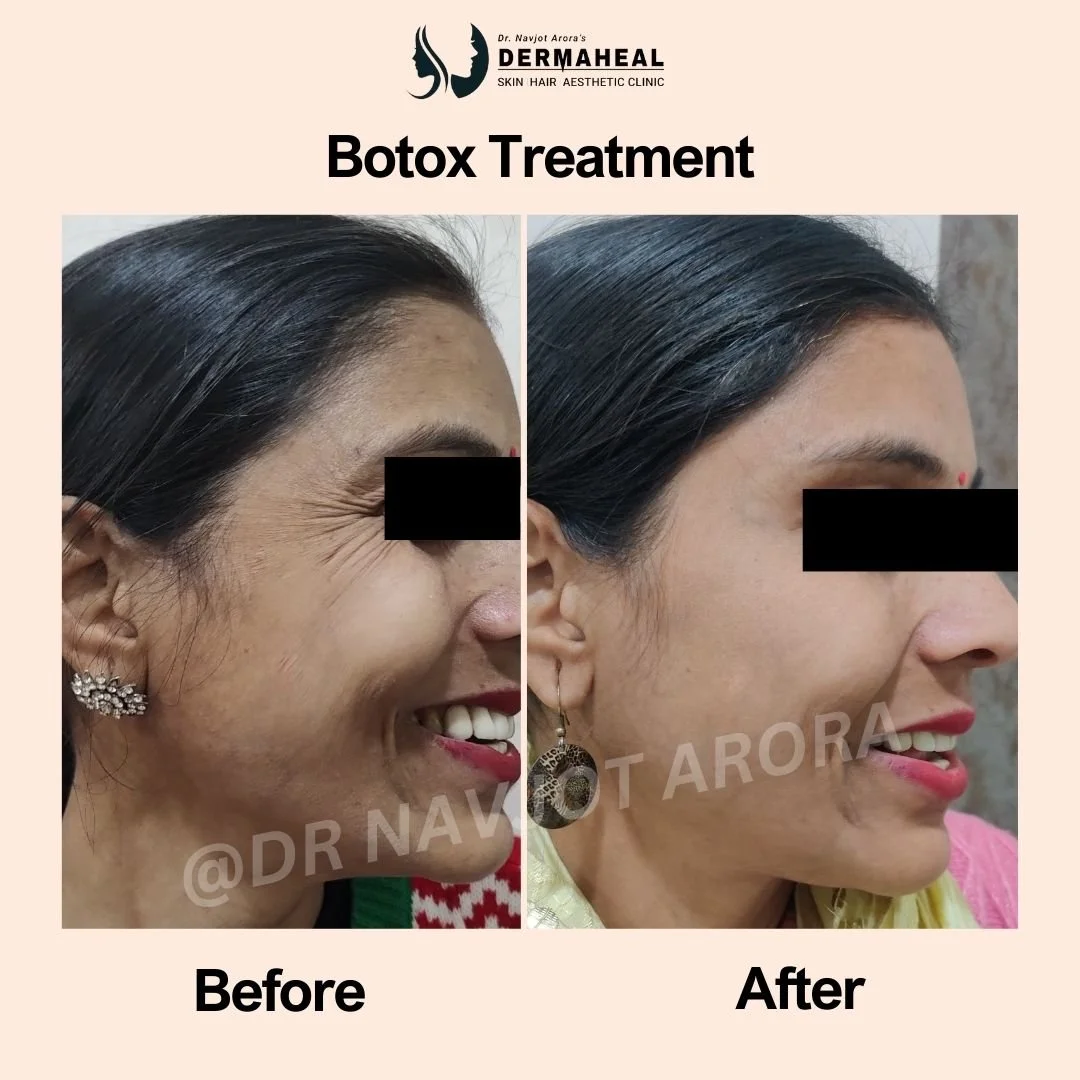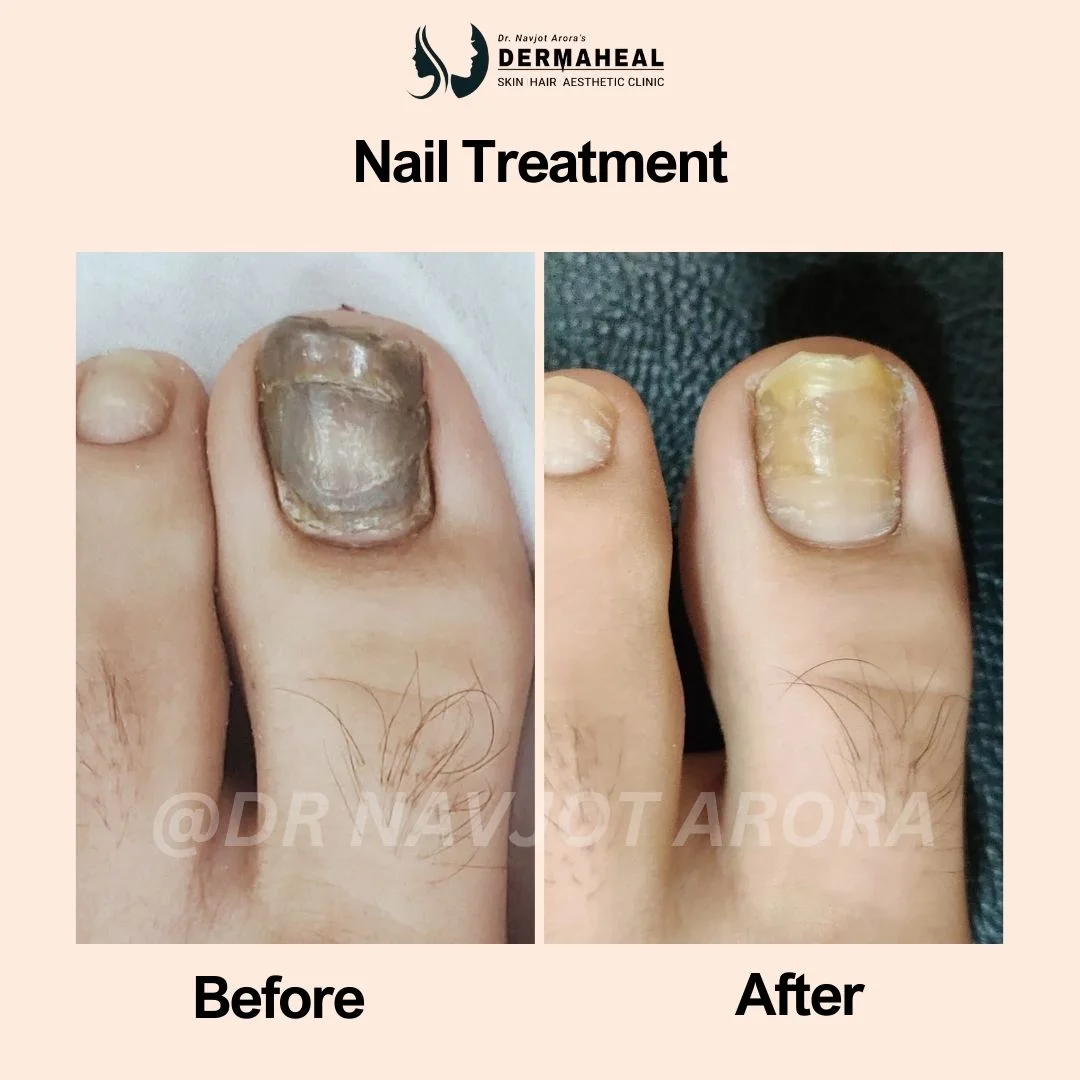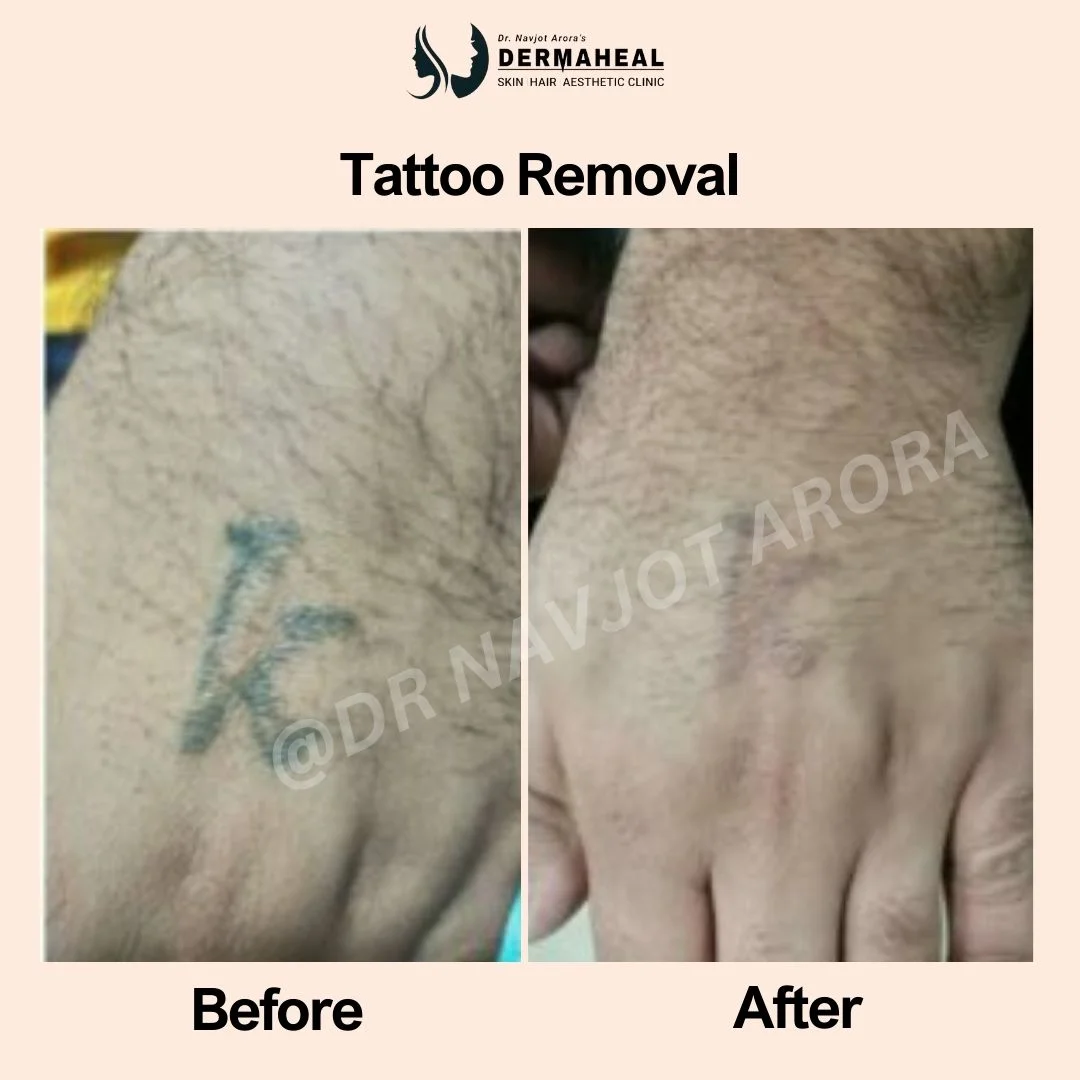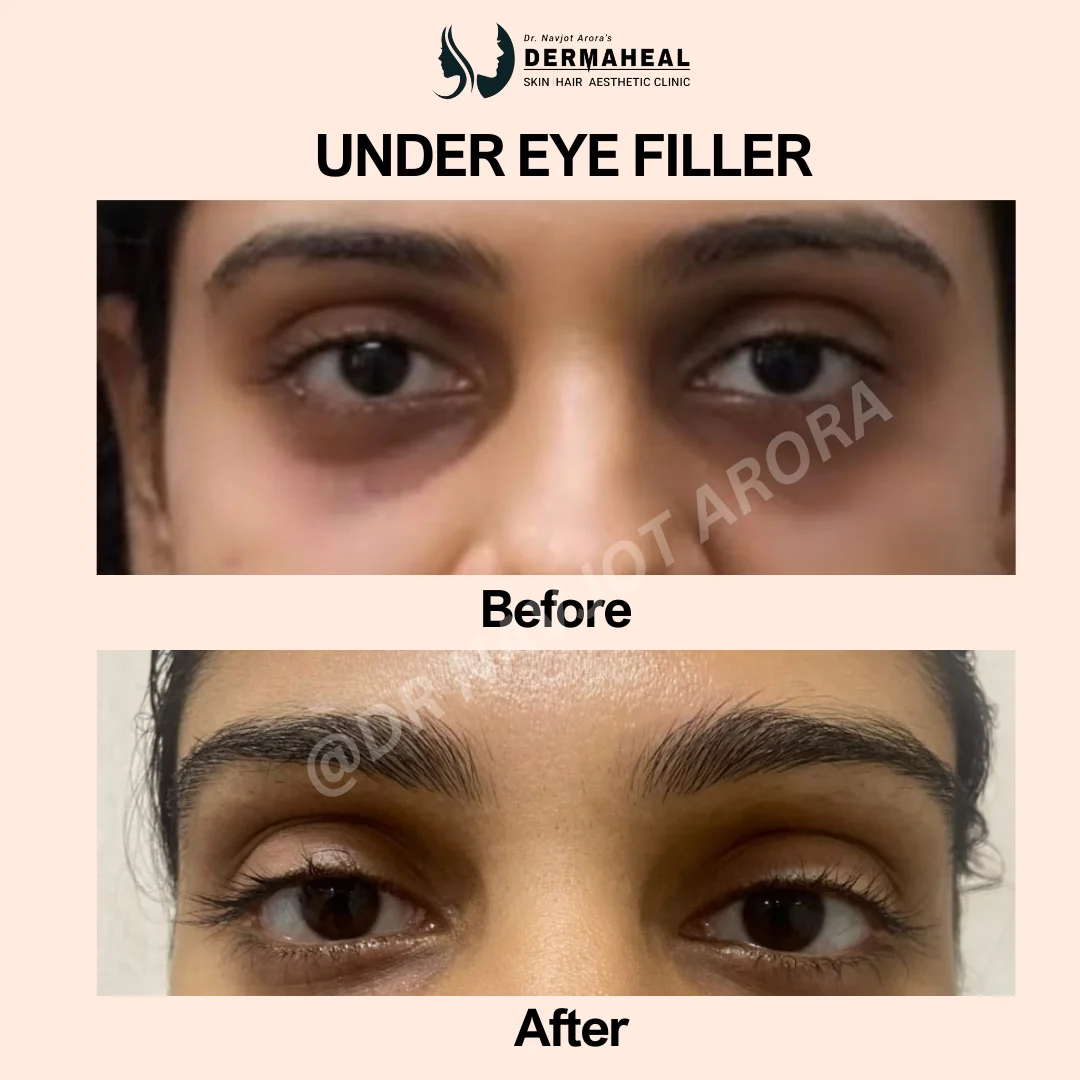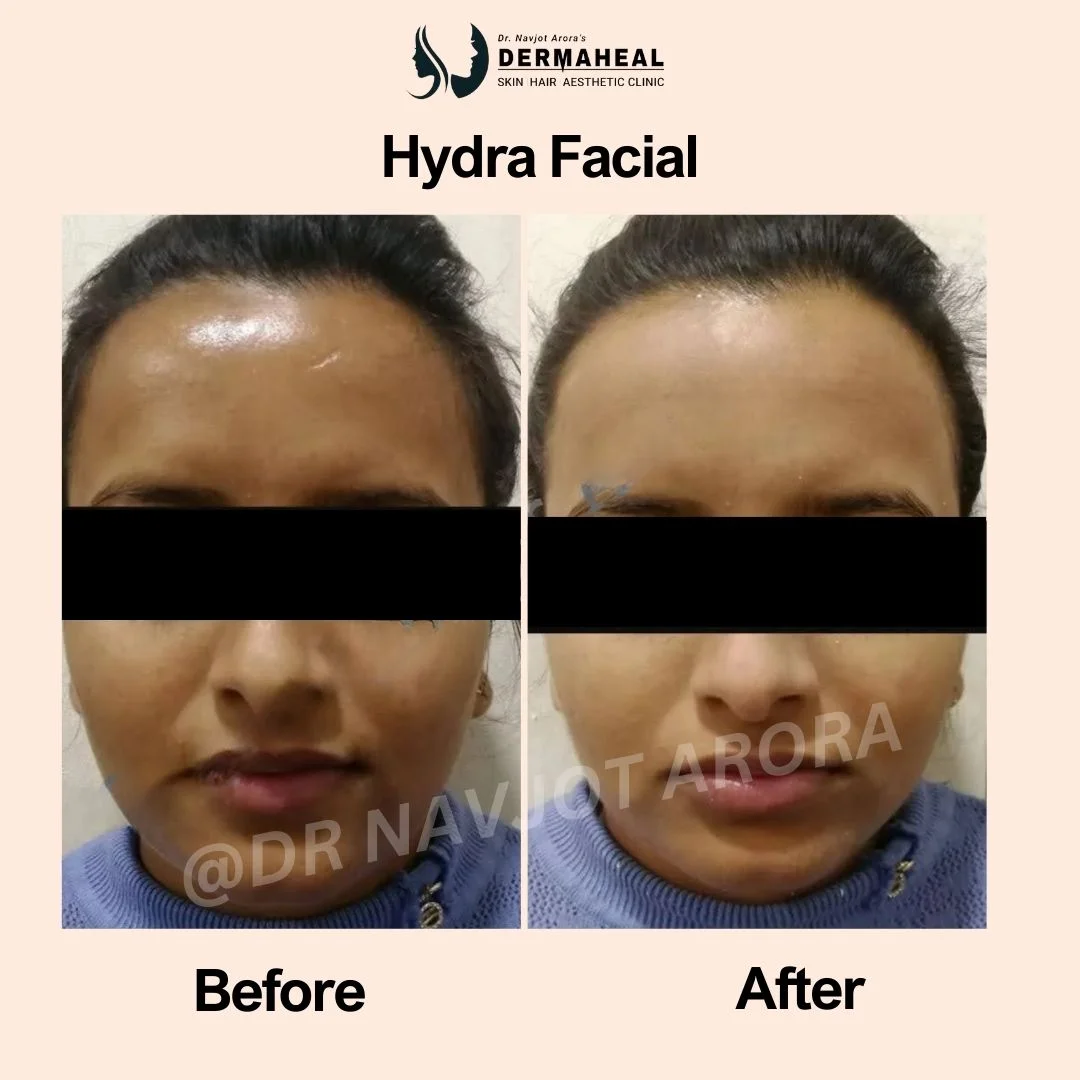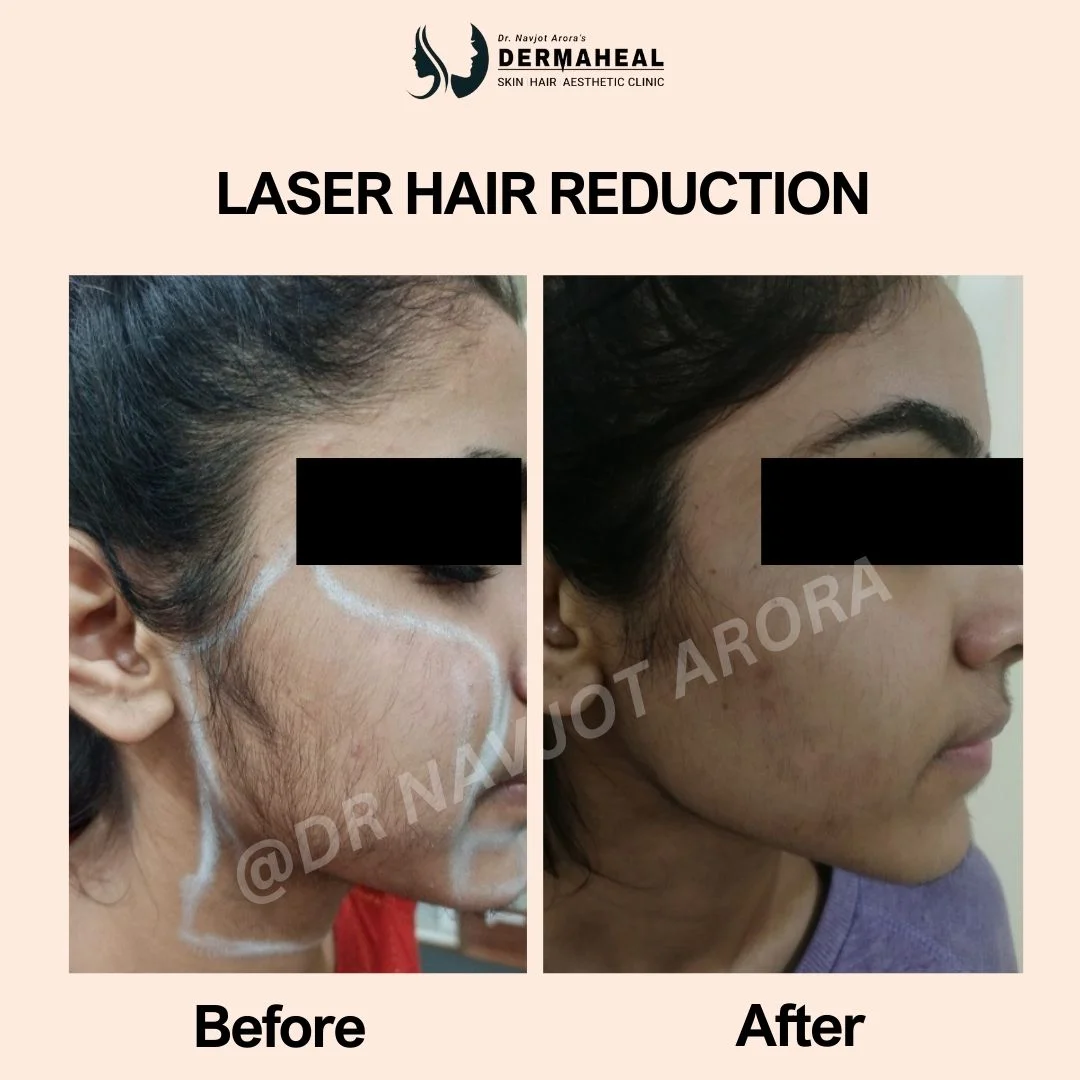
Overview
Summer brings with it a host of skin challenges that can affect anyone. As a dermatologist at Dermaheal Clinic, I often see an increase in skin conditions during the warmer months. Whether it’s due to the sun, heat, or outdoor activities, it’s important to recognize and treat these conditions promptly. Here are some common summer skin diseases and tips for managing them.
1. Heat Rash (Miliaria)
Heat rash occurs when sweat ducts become blocked and swell, leading to discomfort and itching. It’s common in hot, humid weather.
Prevention and Treatment:
- Wear lightweight, loose-fitting clothes.
- Stay in cool, well-ventilated areas.
- Use calamine lotion or hydrocortisone cream for relief.
2. Sunburn
Sunburn is the skin’s response to excessive UV radiation, leading to red, painful, and sometimes blistered skin.
Prevention and Treatment:
- Apply broad-spectrum sunscreen with SPF 30 or higher.
- Reapply sunscreen every two hours, or after swimming or sweating.
Treat mild sunburn with cool baths, moisturizers, and over-the-counter hydrocortisone creams.
Tinea Versicolor
This fungal infection leads to patches of discolored skin, which may appear lighter or darker.
Prevention and Treatment:
- Shower after sweating and wear breathable fabrics.
- Use antifungal creams or shampoos as prescribed.
- Avoid using oily skin products that can exacerbate the condition.
3. Folliculitis
Folliculitis is the inflammation of hair follicles, often caused by a bacterial or fungal infection, resulting in red, pimple-like bumps on the skin.
Prevention and Treatment:
- Avoid tight clothing and friction on the skin.
- Shower after excessive sweating, especially after workouts.
- Use antibacterial washes and consult a dermatologist for persistent cases.
4. Contact Dermatitis
This is a type of skin inflammation caused by contact with irritants or allergens, resulting in a red, itchy rash.
Prevention and Treatment:
- Identify and avoid the triggering substance.
- Use topical steroids to reduce inflammation.
- Keep the skin cool and dry.
5. Insect Bites and Stings
Insects can be more than a nuisance; their bites and stings can lead to skin reactions.
Prevention and Treatment:
- Use insect repellent when outdoors.
- Wear protective clothing.
- Treat bites with antihistamines or hydrocortisone cream for itching.
6. Acne Breakouts
Heat and humidity can lead to increased oil production and clogged pores.
Prevention and Treatment
- Use non-comedogenic skincare products.
- Cleanse your skin regularly, especially after sweating.
- Consult a dermatologist for persistent or severe acne.
7. Dehydration
Dehydration can make your skin dry and more susceptible to skin problems.
Prevention and Treatment:
- Drink plenty of water throughout the day.
- Use a hydrating moisturizer.
- Avoid prolonged exposure to the sun.


